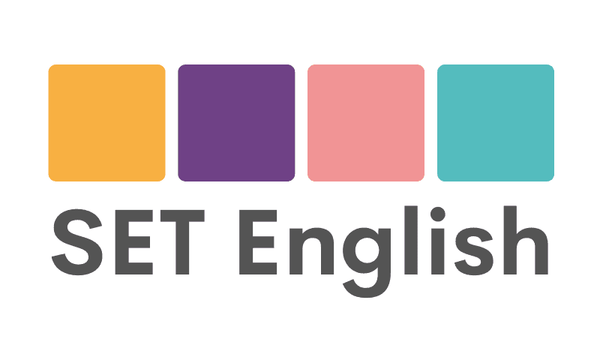3 Power Phrases in OET Speaking
Want to download Paul's document from the video? Click here: OET Speaking PDF
Many OET candidates focus on grammar and vocabulary—but the OET Speaking test rewards candidates who can structure a consultation, reassure the patient, and show active listening. Below are three high-impact techniques that signal control and professionalism to the examiner.
1. Menu Technique
Like ordering in a restaurant—“starter, then main”—set the agenda clearly so the patient knows what happens first and what comes next. Example:
- “First, I’d like to ask about your symptoms, and then we’ll discuss treatment options.”
This reassures the patient, keeps you in control, and shows the examiner you can provide structure.
2. Referring Back
Pick up cues and reflect them back to show active listening and empathy.
- “Earlier you mentioned you were worried—could you tell me more about that?”
- “You said the pain started last week. How has it changed since then?”
This is underused by candidates but strongly rewarded in the clinical communication criteria.
3. Summarising
Confirm understanding at key points in the consultation. Two effective moments:
- After your questions: “Just to summarise: headaches for two weeks, mainly left-sided, occasional nausea. Is that correct?”
- Before next steps: confirm details before explaining tests or treatment.
Even if the patient corrects you, you demonstrate careful listening and clarification—exactly what examiners want.
How to Practise These Skills
- Learn the criteria: understand what the clinical communication descriptors require.
- Practise behaviours: turn each criterion into repeatable phrases/techniques and role-play them.
- Watch real consultations: shows like GPs: Behind Closed Doors, 24 Hours in A&E, or Surgeons: At the Edge of Life to hear natural phrasing.
